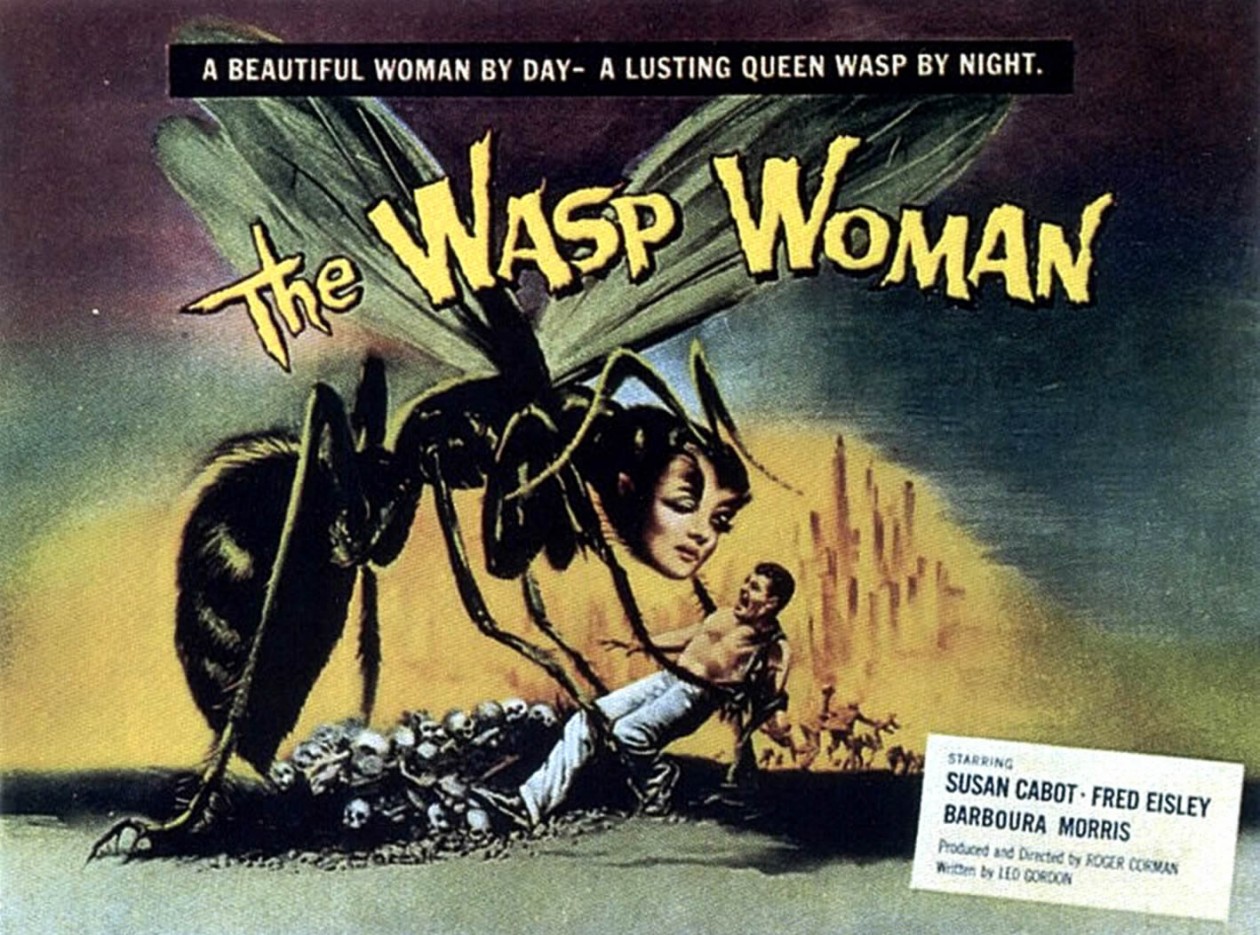Hey everyone. I’m posting some notes that I took on my article here so you can all get a little summary before class. This article was originally to be discussed last week Friday but will be done on Monday instead.
The article was written by Rajeswari Sunder Rajan and she talks about the Hindu Goddess and whether or not the goddess can be classified as feminist. (if that was not clear from the title)
Overview
Throughout the article Rajan talks about the meaning of goddess in the context of Hinduism. When you speak of “the goddess”, you have to take into consideration the many diverse representations of Hindu goddesses. Each goddess has their own distinct attribute and functions, image, provenance etc. She mentions that it is problematic to classify the goddess as feminist because of the many representations she has.
Additionally, Rajan mentions accounts in India’s history such as the Indian freedom movement, and the rising of certain women in the political world. During some of these social and political events, the images of the goddesses were used promotionally to elevate Hindu women’s self-image and stutus, as well as to mobilize them for their participation in the struggle..
Important to Note
While reading this article it is important to remember these points that the author stated in the beginning. She is essentially writing based on the following assumptions being consensual:
1. Feminist = pro woman/empowering women
2. The Hindu goddess is unique because she is of the only contemporary religion that has a tradition and continuing practice of goddess worship (Hinduism).
3. Hindu goddess worship is done mainly by lower castes, women, and non-Hindus.
4. The representations of the Hindu goddess as:
- complementary ‘female principle’
- autonomous female agent or
- cosmic force
are under discussion in this article as aspects of her “feminist recuperation”.
Extra stuff:
She writes that gender stereotypes are broken down in this religion through the attribution of power to a female deity. This power can be either positive or negative. Negative powers are: unruly, destructive, sexually unbridled. Positive powers are: maternal, protective, asexual. I found this point very interesting because we have seen more than one movie where the protagonist is a female and has a lot of power, yet gender stereotypes are still in play. The Last Seduction is a good example of this. I have formed one of my questions for you guys from this point but it would be great to go further into this point.
Following off of that, another interesting piece of the article was that, contrary to feminist expectations, the promotion of powerful female models does not contribute to the well being of ordinary women. Before this statement, Rajan writes this concerning the goddess, “…the symbolic valuation of form is not a reflection of the actual material and historical conditions in which they take shape.” Societies with goddess and women leaders have appeared to score very poorly on historical and material conditions. Some of these conditions include literacy, life-expectancy, income and equality of opportunity.
Terms
stri shakti – woman power
Hindutva – an ideology seeking to establish the hegemony of Hindus and the Hindu way of life.

The negative/positive split leads to certain “archetypes” in powerful, female protagonists or goddesses (i.e. either the sexually liberated woman or the nurturing, asexual mother).
I believe there is a danger in these boundaries occurs when women watch these protagonists in media. A displacement occurs because female viewers think they need to be one or the other. Could Foxy Brown have been the sexually free hero she was and still have been a caring mother-figure (hypothetically)?
Girls may watch these depictions and think “I must not be a feminist because I’m not striving for justice the way she is.” I don’t think a female character needs to fall into one role or the other, because that is where a lot of these problems come in. You can play multiple roles as a feminist.